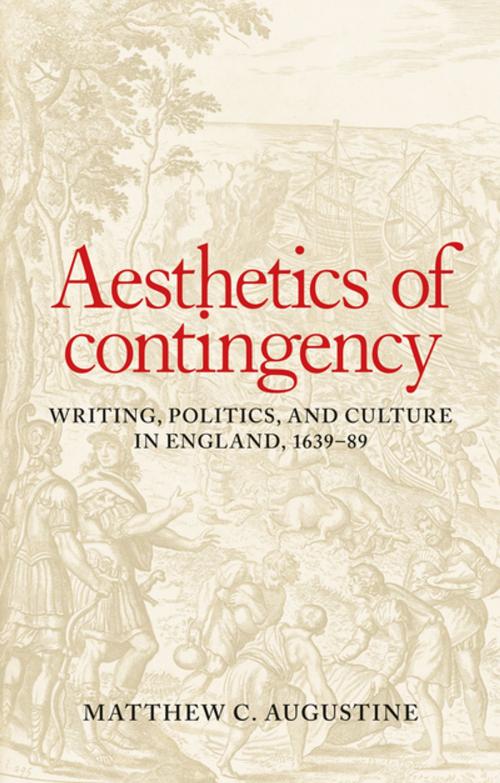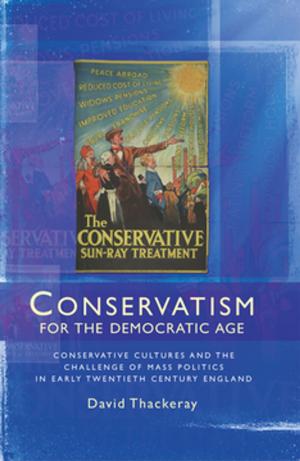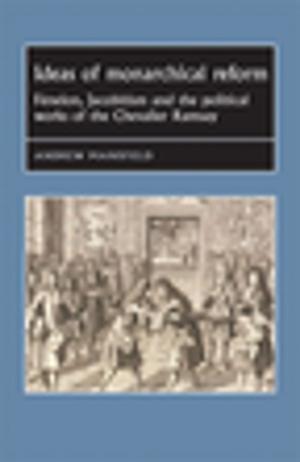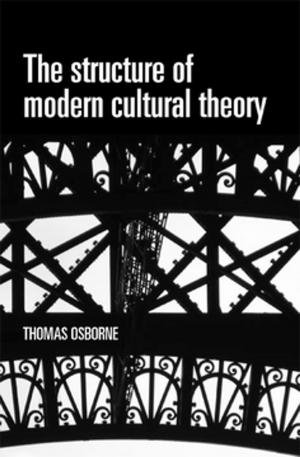Aesthetics of contingency
Writing, politics, and culture in England, 1639–89
Fiction & Literature, Literary Theory & Criticism, Nonfiction, History| Author: | Matthew C. Augustine | ISBN: | 9781526127044 |
| Publisher: | Manchester University Press | Publication: | August 1, 2018 |
| Imprint: | Manchester University Press | Language: | English |
| Author: | Matthew C. Augustine |
| ISBN: | 9781526127044 |
| Publisher: | Manchester University Press |
| Publication: | August 1, 2018 |
| Imprint: | Manchester University Press |
| Language: | English |
This new study raises fundamental questions about the nature of imaginative writing in the age of ‘England’s troubles’. Drawing energy from recent debates in Stuart history, this book looks past the traditional watersheds of Restoration and Revolution, plotting the responsiveness of seventeenth-century writers to the tremors of civil conflict and to the enduring crises and contradictions of Stuart governance. Augustine draws freely from the insights and strategies of contextual analysis, close reading, and critical theory in a bid to defamiliarise major texts of the period, from the poetry of young Milton to the brilliant works of adaptation, translation, and bricolage that characterised Dryden’s last decade. Muting the antagonisms and conflicts that have dominated previous accounts, Aesthetics of contingency thus proposes to write the literary history of this period anew.
This new study raises fundamental questions about the nature of imaginative writing in the age of ‘England’s troubles’. Drawing energy from recent debates in Stuart history, this book looks past the traditional watersheds of Restoration and Revolution, plotting the responsiveness of seventeenth-century writers to the tremors of civil conflict and to the enduring crises and contradictions of Stuart governance. Augustine draws freely from the insights and strategies of contextual analysis, close reading, and critical theory in a bid to defamiliarise major texts of the period, from the poetry of young Milton to the brilliant works of adaptation, translation, and bricolage that characterised Dryden’s last decade. Muting the antagonisms and conflicts that have dominated previous accounts, Aesthetics of contingency thus proposes to write the literary history of this period anew.















